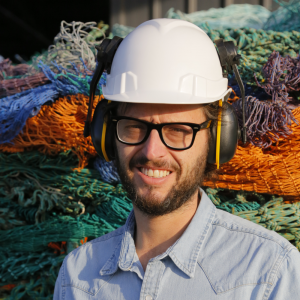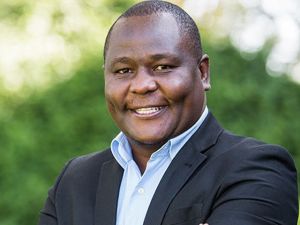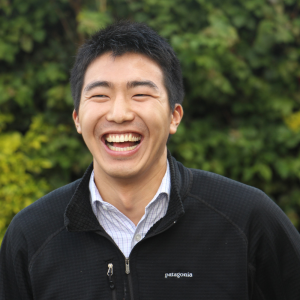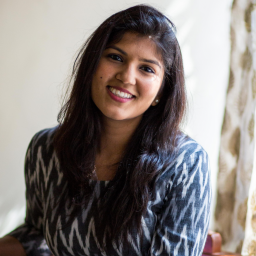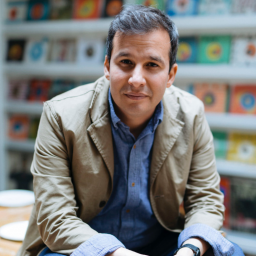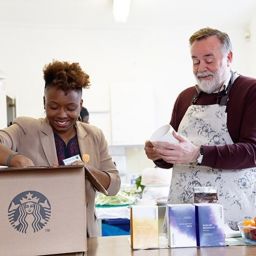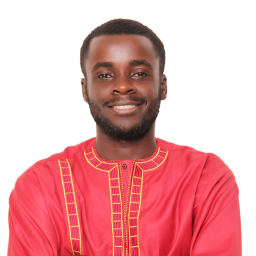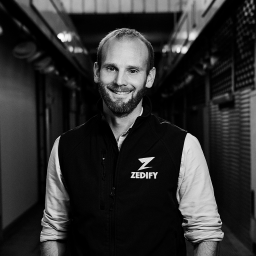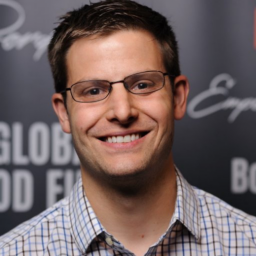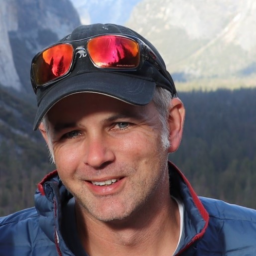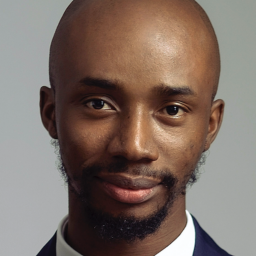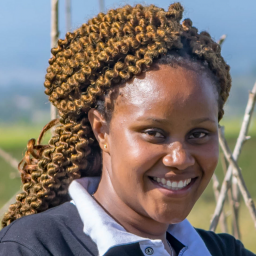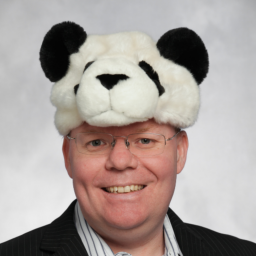The world needs an infusion of good news and inspiration. The announcement of this year’s Meaningful Business 100 (MB100) comes at the best possible moment, to inspire and help us to reimagine how business operates. After eight months of isolation due to the pandemic, comes the bright news of the MB100 leaders, whose names were announced October. It’s been a joy to serve as a judge for the MB100 again this year, and the profiles and stories have been a source of profound inspiration to me.
What can we learn from these 100 business leaders who are guiding us toward a healthier planet and a more regenerative world? From leaders of well-known global brands, such as Patagonia and IBM, to small social enterprises, the MB100 is a gold mine of business ideas, innovations and trends for a more resilient world.
The MB100 focuses on how business can promote the UN Sustainable Development Goals and focus on areas such as health, gender equality, and renewable energy. The MB00 leaders are changing the way we design, make, sell and use products and the very contours of our world. While some of the enterprises they run are small, they are changing the landscape of their sector and in some cases, of business in general.
Positive Disruption
The MB100 leaders are creating a new landscape for business and a new language of opportunity. Duolingo has changed the way we learn by creating a free tool for learning languages. Beyond Meat is making it easier for consumers to follow a plant-based diet, with major benefits for health and reducing climate emissions. IBM is channeling the power of open source technology to address food safety and to fight food waste through Food Trust, a platform which connect suppliers and retailers using blockchain technology.
The Future is Circular
Many of the MB100 leaders are turning waste into viable products. UBQ Materials is “redefining the concept and value of everything we discard”, converting household waste into substitutes for wood and oil-based plastic resins. Toast Ale is using waste from bakeries to make beer and sharing the technology on its open platform to allow others to do so as well. In Mexico, Javier Larragoiti of Xilinat is turning household waste into a sweetener which is healthier than substitutes currently available. In India, the Radix Group is generating energy from organic waste to produce biocompressed natural gas (Bio CNG).
Regenerative Organic
The clothing company Patagonia has made a commitment to sourcing cotton grown in a way that is both regenerative and organic. This will help the company to meet its goals of becoming carbon neutral by 2025 and carbon positive by 2040.
Technology Promotes Accessibility
The Brazilian company, Solar Ear manufactures solar-powered hearing aids, which make them far cheaper and longer-lasting than conventional hearing aids. The company has developed an app that allows its team of technicians to diagnose hearing loss simply with a smart phone. This allows people in marginalised and/or rural communities to receive a diagnosis and then to access an affordable hearing aid. According to Solar Ear, seven percent of the population suffer from some kind of hearing impairment. The Solar Ear model aims to reach children in Brazil before they turn three years of age, so that they may attend school and learn. They also train, hire and employ deaf people to give opportunities for people to break the cycle of poverty. This form of opportunity employment is a theme echoed by other MB100 leaders.
Temie Giwa Tubosun has developed LifeBank which uses technology to deliver blood, oxygen and medicines in two African countries. Her goal is to save 1 million lives. Currently they are able to get urgent medical supplies to local areas within 55 minutes.
Through geolocation technology, apps are promoting accessibility, including Guiaderodas which rates public places on their accessibility to people in wheelchairs.
The MB100 leaders are pressing a reset button, adopting new business models and changing paradigms. Congratulations to all of the MB100 in 2020! I look forward to profiling other winners in future issues of my blog.



